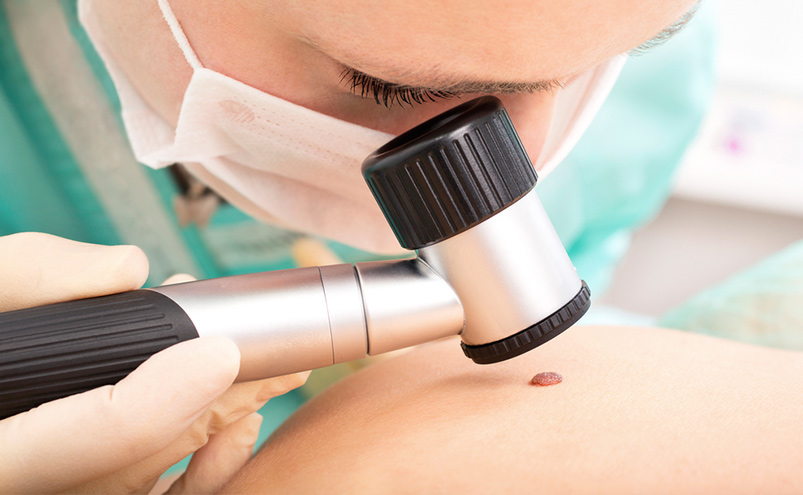Skin is an organ, and the largest one at that. It's a protective barrier against everything your environment throws at you. Beauty may be about being comfortable in your own skin. Health, though, is about being safe in your own skin. How safe do you feel in your skin?
One in Five
Those are the chances of developing skin cancer in the course of a lifetime. Every hour one of those five will sleep in death due to this deadly skin disease.
Despite these alarming statistics, we have made considerable progress against cancer. We know plenty of ways to prevent many cases of it. Without a doubt, preventing cancer is better than treating it.
Well-known prevention measures include reduced sun exposure and regular screening exams. A lesser-known way to guard against skin cancer is through diet. The idea behind this method is that you build a strong immune system that can single out free radicals or cancer cells and eliminate them immediately.
How Potent is Your Diet?
The majority of diets are dramatically low in fruits and vegetables. A national survey published in the Journal of Clinical Oncology reported that only 5% of cancer survivors were meeting cancer prevention recommendations. Are your habits meeting up with recommendations?
A cancer-free diet is reasonable and realistic. Your most basic needs include a diet of whole foods and a high-potency multivitamin (including a source of vitamin C and vitamin E) to cover your bases for antioxidant needs. This is the most effective nutritional regimen you can follow to guard against cancer.
The American Cancer Society recommends consuming at least five servings of fruits and vegetables per day for overall cancer prevention. Can you fit an item from each of the following groups of major cancer-fighting antioxidants in your daily diet?
- Vitamin C: citrus fruits, tomatoes, potatoes, green/red bell peppers, broccoli, kiwi, strawberries, melons, pineapple
- Vitamin E: vegetable oils, whole grains, seeds, nuts, leafy greens, wheat germ, egg yolks
- Carotenoids: stock up on red, orange, and deep yellow veggies including carrots, tomatoes, squash, and sweet potatoes or fruits such as honeydew, watermelon, honeydew, or grapefruit. Green vegetables, kale, Brussels sprouts, and avocado are other great sources
- Selenium: grass-fed meat, grains, onions, vegetable oils
- Flavanoids: richly colored fruits such as berries and grapes, citrus fruits, onions, scallions, kale, broccoli, green tea
Is your cancer-free regimen complete?
Are you looking for a balanced antioxidant complex or a potent multivitamin to make strides against skin cancer? EnergyFirst's supplements of choice include EnergyOne multivitamin and mineral plus ACE, EnergyFirst Vitamin C with rose hip, and Vitamin E with Mixed Tocopherols. EnergyFirst's Alpha Lipoic Acid antioxidant supplement can also fortify the immune system.
It's worth noting, though, that a cancer-free program is incomplete if not accompanied by healthy lifestyle habits. A high-potency supplement does not replace healthy lifestyle choices. They work hand in hand. It would be unrealistic to expect supplements to compensate for poor lifestyle habits.
In addition to lifestyle habits, a great step you can take against cancer is making more nourishing meals. The more nourishing your meals, the safer you can feel in your skin. Does it matter how nourishing your meal is if you already take a high-potency supplement?
Consider a major difference between nutrients of supplement form and nutrients in whole foods. Whole foods still contain beneficial components that have not yet been identified by researchers. We may not have a name for them yet but there's a great chance they are in your food. Therefore, although your high-potency supplements support your cancer-prevention regimen, they aren't the only measure you should be taking. In fact, all science-based supplement recommendations assume the supplement taker is eating a healthful diet.














